Think bigger than everyone else.
The future is how we shape it. Start now.
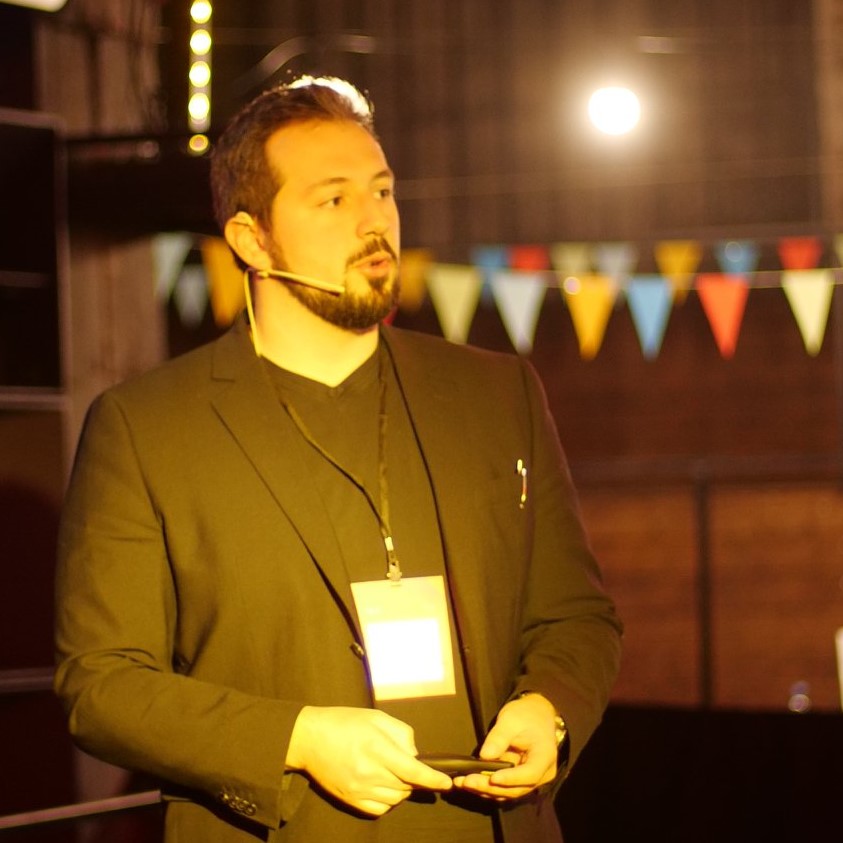
Serial entrepreneur, international keynote speaker, government and policy advisor, renowned expert and futurist – always curious.

“In a world of constant change, the greatest power lies in our ability to shape the future.”
My job is to do the impossible
Solving Complex Problems – Working on the BIG picture.
Over the years, I have had to learn my own skills. This includes discovering the unique ability to solve complex, multi-dimensional problems that often leave others stumped.
This gift of finding solutions where there seem to be none has become a crucial aspect of my professional identity.
It’s not just about solving problems, but also about seeing through the maze of complexity to recognize the key points that others may miss.
Testimonials
What Others Say About Me
I have worked with many inspiring people, companies and institutions around the world and I am delighted to some some of their voices and see how they have experienced my influence as a keynote speaker, as a panelist, as an entrepreneur and also as a futurist.

Skander Haddar
CEO
“I rarely come across real talents who stand out like Benjamin.”

Niki Skene
Founder
“Benjamin Talin like not a lot of people understood how exponential change will impact the political spiderwebs in our world. He is a dot-connector and fast thinker.”

Joël Charles Wuethrich
CEO
Leveraging my knowledge and experience
Creating a lasting global impact on companies and governments
I’ve been fortunate enough to experience a lot and now get to use this by helping governments and businesses around the world. Most of my work is MoreThanDigital, but I also give keynotes, help companies as a board member, advise governments and international institutions, and work as a futurist to translate the future into actionable insights.
Entrepreneur and Innovator
Disruption is my Hobby – I love innovation and many of my projects challenge the status quo and drive change.

Keynote Speaker and Board Member
Sharing insights, ideas and knowledge in roles, such as keynote speaker and board member.
Government and Policy Advisor
Advising more than a dozen governments and government agencies on the future, technology and innovation.
Futurist and Future Researcher
My job as a futurist is to understand technology and its impact on the economy, society and our future.
From Blog to Global Platform
MoreThanDigital
It started as a project born out of frustration – to bring knowledge to all people, free from hidden interests and marketing talk – and is now helping millions worldwide.
Our #bethechange vision is simple: “Building a better world through bold ideas with big impact”.
MoreThanDigital is an example of my work and my way of thinking. Making a difference and seeing solutions where others don’t see them.
Trusted
MoreThanDigital has become one of the largest business platforms of its kind in the world. Millions of executives and professionals trust us every year.
Ecosystem
A digital ecosystem for entrepreneurs, professionals and institutions worldwide. Highly scalable solutions for systematic problems.
My Global Reputation and Recognition








Knowledge and Insights
Latest From My Blog
The White Collar Revolution: How AI is Transforming Business Management
In my recent publication on MoreThanDigital (Evolving Management Toward AI-powered and Insights-Driven Organizational Transformation), I discussed how we're witnessing a pivotal moment in business management evolution. Today, I want to expand on those ideas and share...
Strategic Competitive Advantages in the AI Era
I just published my new article on MoreThanDigital about a very important topic that many companies have been asking me about over the last few months, and even in Davos it was one of the main topics. - Adapting to AI and Building a Strategy in the AI Age But here on...
Data-Driven, Insights-Driven or Value-Driven for Your Business?
The original publication appeared on MoreThanDigital: Data-Driven, Insights-Driven, and Value-Driven Models With Data as a Strategic Asset Data has become the lifeblood of modern organizations in today's digital age. Companies are increasingly recognizing the immense...




